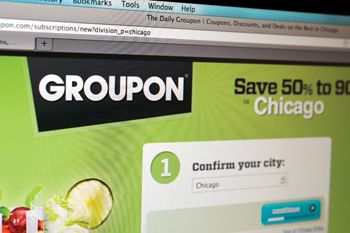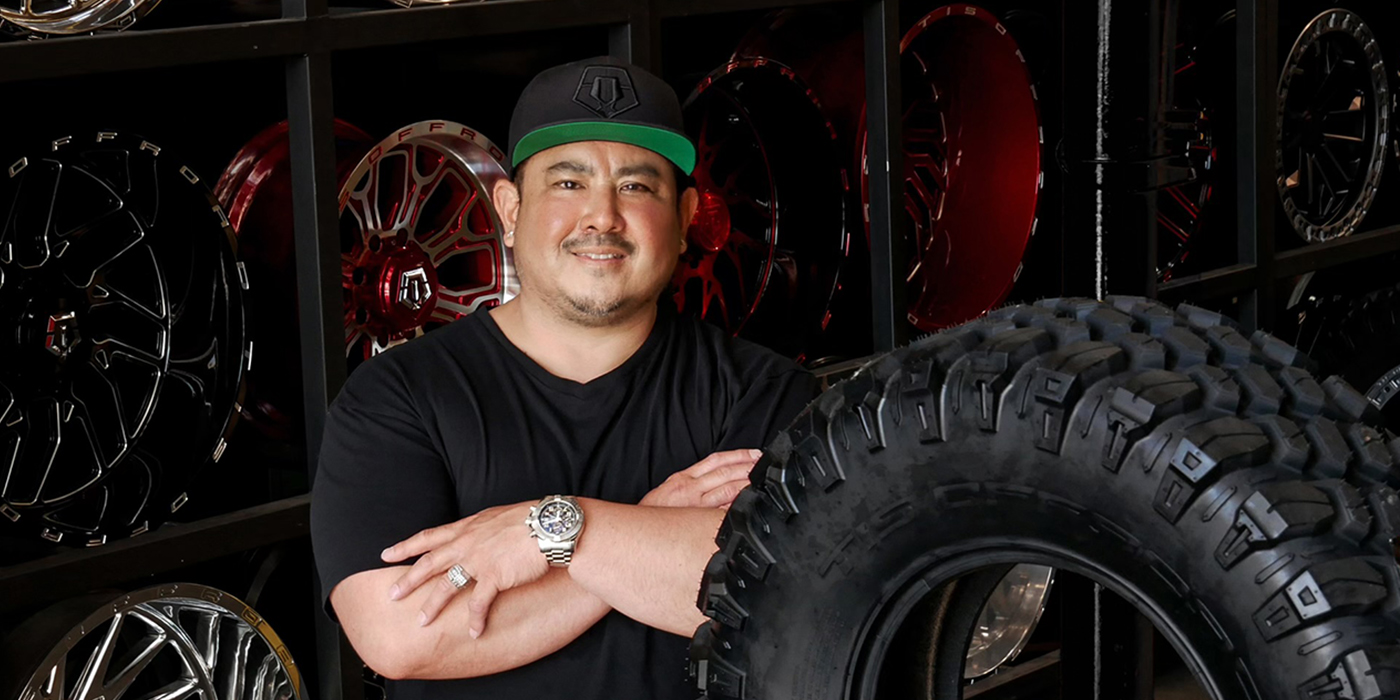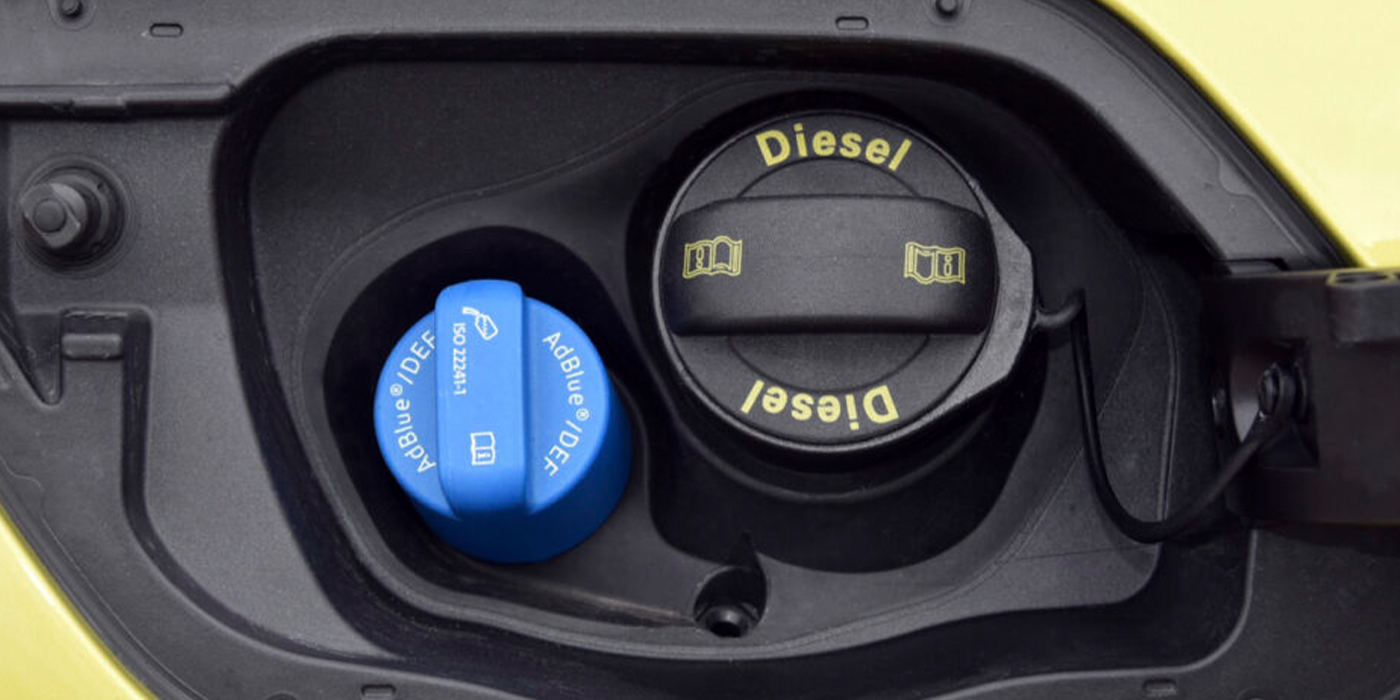Imagine a form of marketing that’s 95% guaranteed to drive new customers to your shop’s door without any upfront costs. Believe it or not, there’s no catch. On-line group discount websites are making this scenario a reality for a variety of businesses, including automotive repair shops.

On-line group discount sites – that include livingsocial.com, buywithme.com, lifebooker.com, groupon.com and others – offer e-mail subscribers daily discounts to local businesses. Typically, the sites operate in multiple cities and feature one merchant’s discount per day for each city. Common examples include half-price massages; a $50 restaurant gift card for $25; or getting a free second night’s stay at a bed-and-breakfast with the purchase of one night. The majority of the deals are for services, as opposed to hard goods.
Participating businesses choose a minimum number of customers – from fewer than 100 in the case of a small, local business to several thousand for a large national chain – who must sign up to purchase the deal in order for an offer to work. This is often referred to as the deal’s “tipping point.” Businesses often set a maximum number of buyers, too.
If the offer doesn’t attract the minimum number of customers in a specified time period, those who did make the purchase get their money back. Each day’s deal is usually available for sale for just 24 hours.
Generally, businesses don’t pay a group discount site for the service. Instead, the site collects a portion from the coupon sales – typically half – and gives the remaining amount to the merchant.

While the concept is not new, social networking, and an increase in the coupon-clipping activity made more prevalent during the economic downturn, have caused the success of online group discounts to grow exponentially. Sites like Facebook and Twitter have made it easier to spread the word and draw a crowd quickly, both through targeted, local advertising and an incentive program in which buyers can post the deals to their Facebook or Twitter pages. And, if a certain number of friends or followers also purchase the deal, that person receives a greater discount.
The first site, Groupon, was launched in November 2008. The Chicago-based company has grown from 4 million subscribers in the beginning of 2009 to about 50 million subscribers worldwide today. As of January 2011, there have been 22 million Groupons sold in North America, adding up to more than $980 million in savings for consumers, according to the company’s website. Groupon now reaches more than 300 markets in 35 countries.
Benefits to Businesses
The programs are designed to be both consumer- and business-friendly. And although the companies are Internet-based and often global in scope, reputable online group discounters have local representatives who work closely with merchants to create the best deal for their businesses’ type and size. Businesses interested in working with LivingSocial (visit livingsocial.com/getfeatured for more information) must sign the company’s “Merchant Bill of Rights,” which guarantees a certain level of service to each vendor.
The agreement states that businesses will have:
1. The right to a respectful, face-to-face relationship – access to a local representative who will meet to discuss your business.
2. The right to protect your brand – you review all promotional copy, limitations and image use.
3. The right to clear terms with no hidden costs.
4. The right to prompt payment – you should receive payment well within a month for promotions in which you are dutifully fulfilling services upfront.
5. The right to freedom when promoting your business.
6. The right to advance notice of your promotion date – so you can prepare your business for the influx of business from the promotion.

In the case of Groupon (visit grouponworks.com for more information), retailers work with a representative assigned to that specific market, according to spokesperson Chad Nason. “Our goal is to help the businesses and the consumers. We won’t offer a deal that doesn’t make sense for customers – for example, we wouldn’t do a rate of $15 for $30 worth of sub sandwiches at a location where the subs are $7 apiece, just because that price point doesn’t work.”
Local representatives will work with repair shops to find a unique deal that is a good fit for that individual shop, whether it be an oil change, seasonal tune-up or other service, Nason explained.
“We also do a lot in the way of merchant prep – making sure these businesses are ready to handle the rush,” he said, adding that a shop has the option of being the featured merchant in an area, as well as a side offer, where it’s not getting the full spotlight. “If you only have one bay, you probably can’t handle being the featured deal of the day and selling 1,000 Groupons. We want to make sure our customers have a good experience; that’s why we work with the best companies and find a solution that fits their business.”
Nason noted that more than 95% of Groupon deals reach the tipping point. The typical Groupon customer is a single female between the ages of 20 and 34, who is a college graduate, works full-time and earns a salary of roughly $70,000, he explained.

“In most markets, Groupon subscribers are increasing by a few hundred to a few thousand each day,” Nason said. “So businesses can be featured now and then again in six months because they’ll be getting exposure to a whole new group of people after that timeframe. It’s also free exposure just being listed on our website – subscribers see the business name even if they don’t buy that particular deal. They become aware of who you are and where you are.”
Nason continued that the tire and automotive service industry is unique in that there already is a built-in way of tracking how well the Groupon deal works. “It’s an industry in which they’re taking names, addresses and customer information. So shops can track exactly how much each Groupon user spent and find out whether or not they returned for another visit.”
Kwik Kar Lube & Tune, in Nashville, TN, is one example of a satisfied Groupon customer. The shop has used Groupon on three occasions, the first of which was a full-service oil change for $19 – a 62% savings off the normal price, according to general manager Thomas Overton III.
“The first deal sold 171 Groupons and brought in a new wave of customers that were driving as far as 20 miles to try us out,” he said. “I knew that we had one chance to impress these new customers and turn them into repeat clients.”
The company’s most recent deal sold 963 Groupons. So far, 63% of Groupon customers have bought additional services when they redeem their deal, Overton continued.
“With other advertising, we had no way of knowing if a customer was coming in as a result of it and, in many cases, it cost a lot of money up front,” he added. “Now we’re able to track our new customers and our tracking has shown that these deals have been well worth it.”
“That was a great way for them to get people in for something they always need, and then have the opportunity to service those customers extremely well,” Nason explained. “It was all about creating that trust to bring the customers back, whether for another oil change or for repair work.”
Risks Involved
Some experts have said there is risk involved in the on-line group discount trend, mainly that the deals produce one-time visitors, not loyal customers. Groupon encourages its merchants to find other ways of retaining these new customers. A repair shop owner, for example, could give an additional coupon or discount to customers who come into his or her shop with an online group discount, so they have an incentive to return the next time their vehicles need tires or service.
Shop owners also need to be aware of the costs associated with parts and labor when determining a deal. Because online group discounters typically take 50% of the coupon sale amount, a half-off oil change coupon, for instance, would bring the owner just one-fourth of the price the business usually charges for that particular service. So offering half-price tires to hundreds of people would clearly be out of the question.
“The business is getting access to our huge database of subscribers,” Nason remarked. “So it should be looked at as a marketing tool to acquire new customers, not as ‘How much money can I make from this?’ We’re going to provide you with new customers, guaranteed, because the deal will not go through until it hits the tipping point. From there, it’s up to the business to make sure those customers have a fantastic experience and want to come back.
“We don’t ask retailers for a single dime up-front,” he continued. “All we’re doing is taking a portion of that Groupon sale. Instead of cutting a check to a newspaper, where you’re not sure how many people will even see your ad, you’re using this marketing tool that directly gets new customers in your area.”
Denise Koeth is managing editor of Tire Review and Fleet Equipment magazines.













